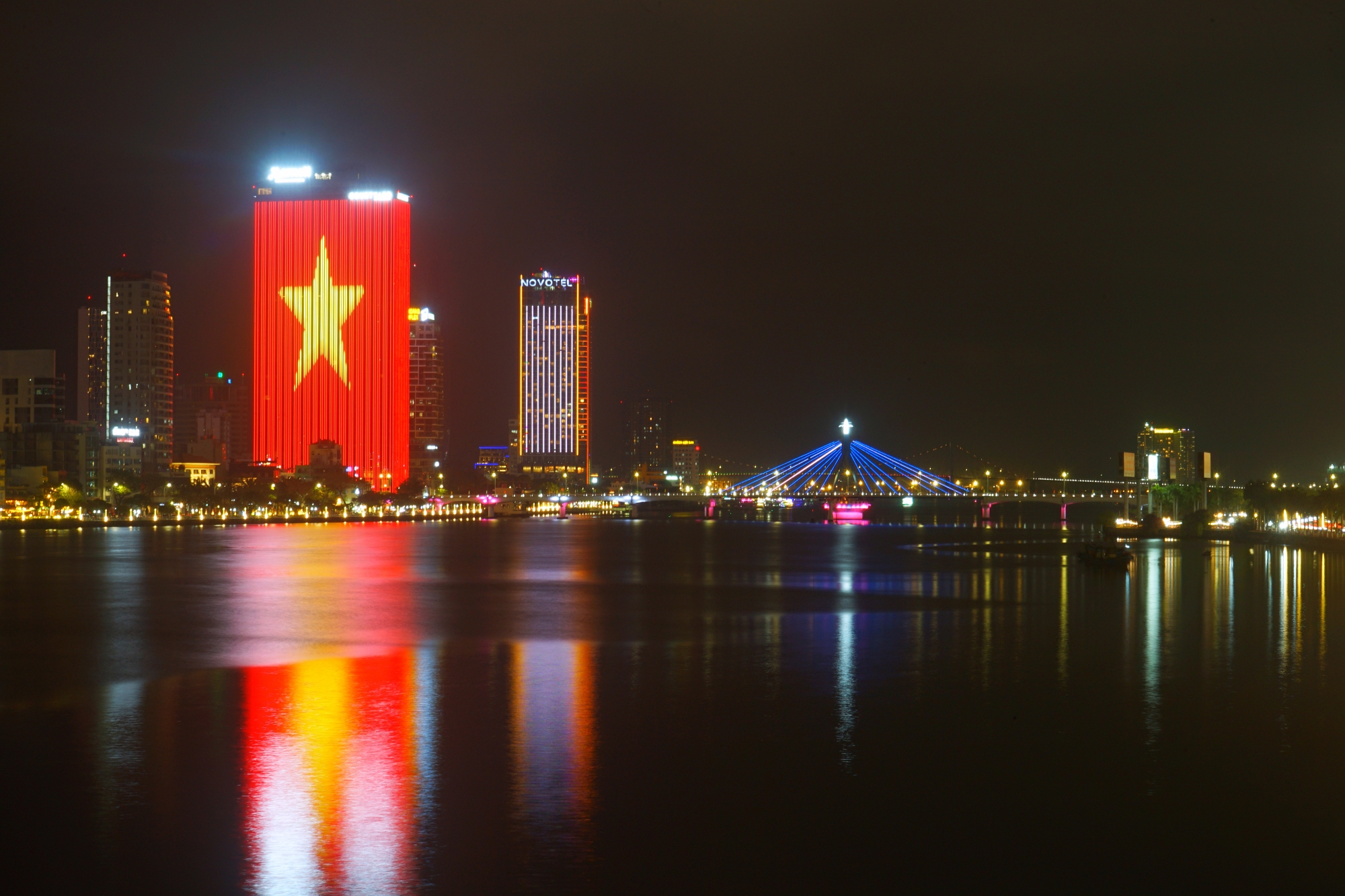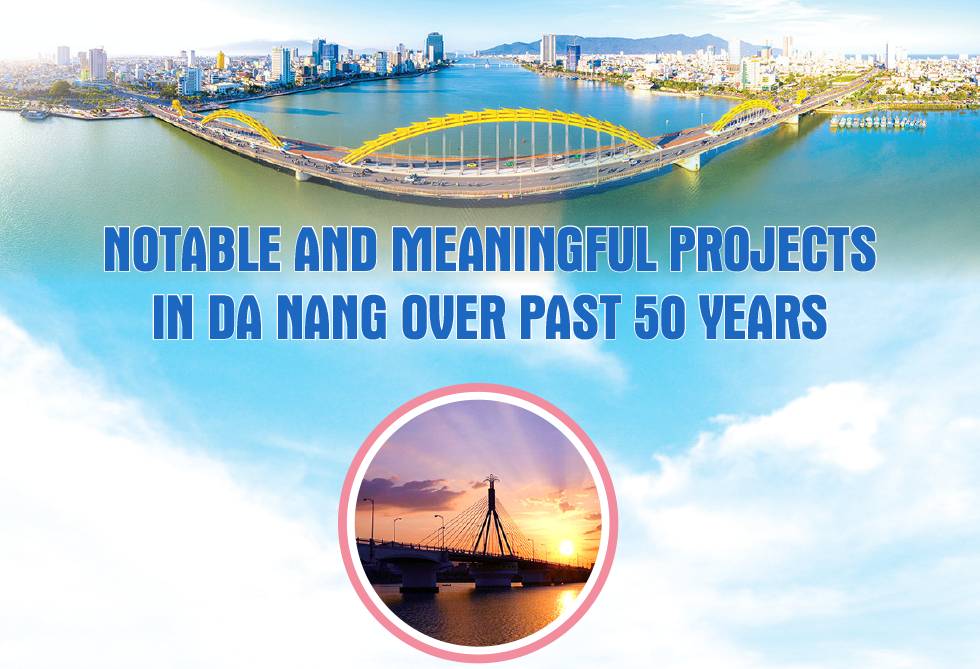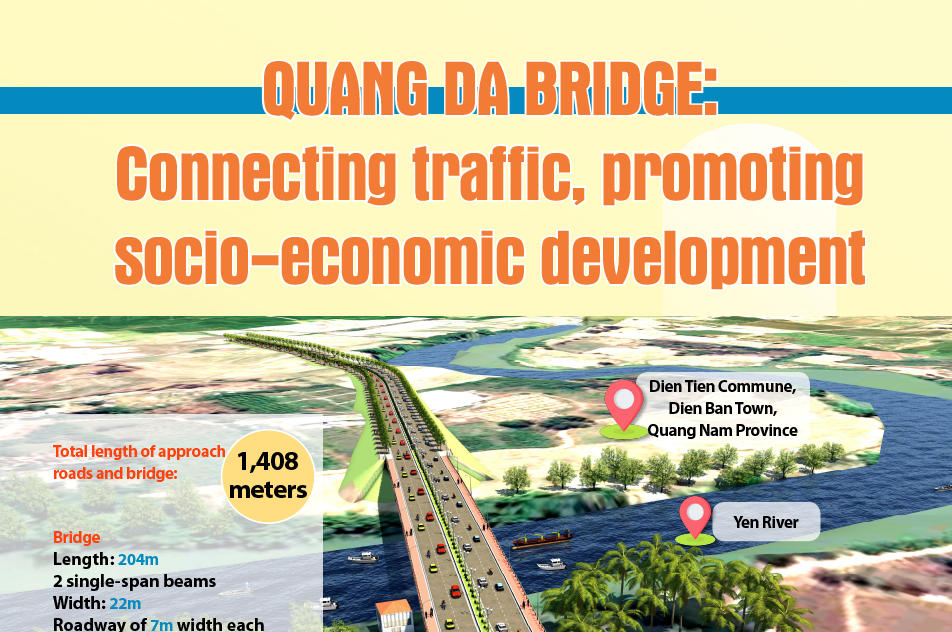Planning options for North Central and Central Coastal Regions proposed
On Wednesday, the 2nd conference of the Coordinating Council for the North Central and Central Coastal Regions took place in Da Nang on Wednesday.
The event was co-chaired by Deputy Prime Minister cum Chairman of the Coordinating Council for the North Central and Central Coastal Regions Tran Hong Ha; Minister of Planning and Investment Nguyen Chi Dung; and Da Nang Party Committee Secretary Nguyen Van Quang.
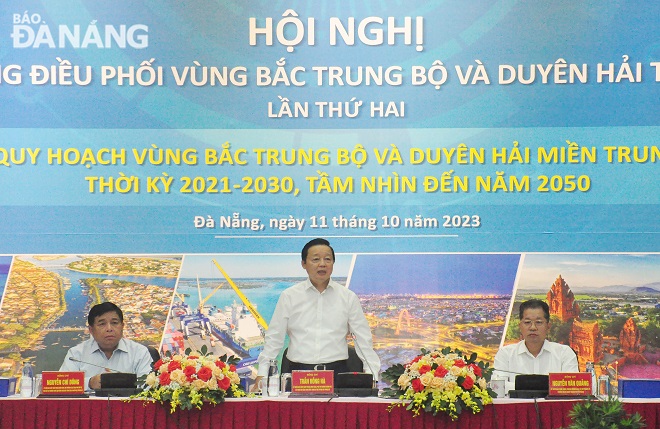 |
| Deputy Prime Minister Tran Hong Ha speaking at the opening ceremony of the conference. Photo: T.LAN - M.QUE |
Speaking at the opening ceremony of the conference, Deputy Prime Minister Tran Hong Ha said that the planning for the North Central and Central Coastal Regions during the 2021-2030 period, with a vision to 2050, was a step to concretise the national master plan, demonstrating the major and basic orientations on spatial organisation for development.
The planning was created in the context that the Politburo issued Resolution No. 26-NQ/TW dated November 3, 2022 on socio-economic development and ensuring national defence and security in the north central and central coastal regions by 2030 with vision to 2045. This helps "pave the way" to create driving forces, potential and new space for the development of the country and regions, especially on the spatial scale of each locality. From a planning perspective, there needs to be a way to identify localities with similar natural conditions that can support and promote each other's strengths.
Therefore, the identification of sub-regions is an important factor. In addition, it is necessary to determine the order of priorities for sequential planning, with a focus on prioritising projects that have regional momentum, creating spillovers and connections, he added.
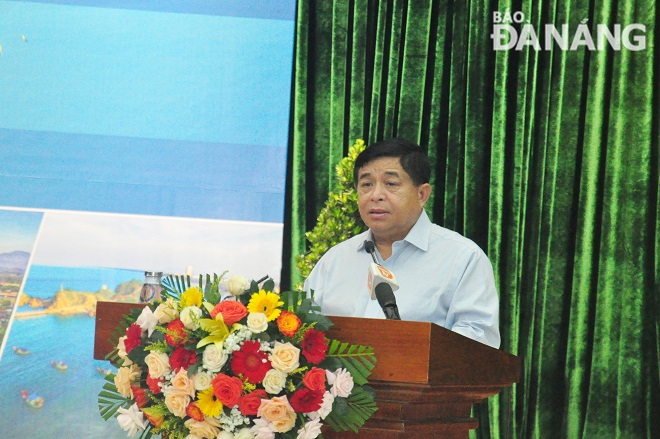 |
| Minister of Planning and Investment Nguyen Chi Dung delivering his speech at the conference. Photo: T.LAN - M.QUE |
In his remarks at the event, Minister of Planning and Investment Nguyen Chi Dung remarked regional planning aimed to proactively create development in order to reorganise the regional development space, and effectively exploit and promote all resources for the regional development in a rapid and sustainable manner.
Mr. Chi Dung added that regional planning will be the basis for localities in the region to link and cooperate, including the proposal of a medium-term public investment plan for the 2026-2030 period, especially large-scale inter-regional projects.
During the planning process, the Ministry of Planning and Investment organised conferences connecting consulting units, experts and scientists; as well as sent survey teams to a number of localities in the regions to work with professional management units of ministries and branches.
He, therefore, affirmed that the conference was a very important next step for leaders of ministries, branches and localities to give direct opinions on the main contents of regional planning, serving as a basis for consulting units to absorb and continue to complete the project, thereby completing documents submitted for regional planning appraisal.
Minister Nguyen Chi Dung stressed the need for relevant units to determine key tasks that need to be resolved and breakthroughs in the region; as well as identify the system of growth poles, driving regions, economic corridors, and advantageous industries of the region.
Heed should be on determining spatial development planning according to sub-regions: North Central, Mid-Central, and South Central sub-regions, and developing the region's infrastructure, with a focus on road, rail, aviation and maritime transport infrastructure, he emphasised.
 |
| Representative of a consulting unit reports at the conference. Photo: T.LAN - M.QUE |
Accordingly, the North Central and Central Coastal Regions are particularly important strategic areas in the whole country in terms of politics, economics, culture, society, defence, security and foreign affairs.
Naturally bestowed with nearly 1,800km coastline and many large seaports and airports, the regions play an important role in promoting the marine economic development, ensuring national defence and security, and maintaining the country’s sovereignty over sea and islands.
In the recent period, the regions have achieved many remarkable and important achievements in terms of economy, society, security and defence. Their average economic growth in the 2005-2020 period was 7.3%/year, higher than the national growth rate in the same period at 6.36%/year.
The regions' economic scale in 2020 reached VND1,157 trillion, 3.3 times higher than in 2010.
The economic structure shifted towards increasing the proportion of industry and services while reducing the ratio of agriculture. A number of basic economic sectors, especially marine economic sectors and industries with high added value, were formed and recorded impressive growth. Tourism gradually became a key economic sector.
The conference featured evaluations and criticism opinions presented by delegates from central and local ministries, departments and branches.
Reporting by THANH LAN, MAI QUE - Translating by M.DUNG


